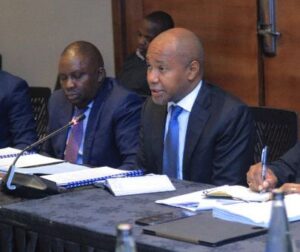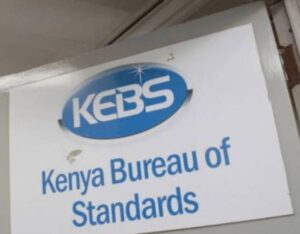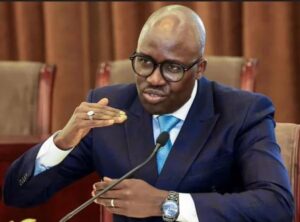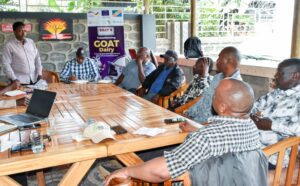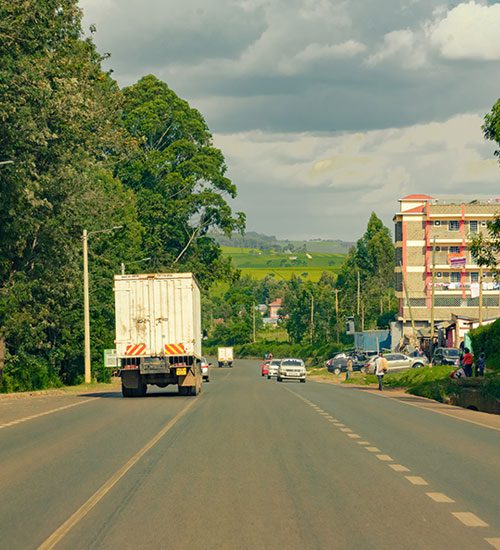
The Kenya Roads Board (KRB) has distributed Sh3.68 billion from the Road Maintenance Levy Fund (RMLF) to all 47 counties, with Nakuru (Sh183 million), Kitui (Sh152 million), and Nairobi (Sh120 million) receiving the largest portions in the 2024/2025 financial year.
The funding, derived from a Sh18 per litre tax levied on petrol and diesel, is designated for the upkeep and rehabilitation of county roads.
KRB noted in its communication that the money is intended to boost road quality, improve access, and enhance commuter safety across the counties.
“The Board urges counties to prioritize efficiency, transparency, and accountability in utilizing the funds for optimal impact,” it said.
Counties like Kiambu (Sh118.9 million), Machakos (Sh111.1 million), and Kajiado (Sh106.3 million) also received substantial support, along with Meru (Sh102.8 million), Nyeri (Sh100.3 million), and Narok (Sh97.3 million).
Mid-range allocations were disbursed to Turkana, Kilifi, Wajir, and Uasin Gishu, all of which received between Sh85 million and Sh90 million.
On the lower end of the distribution list were counties like Vihiga, which received Sh37.5 million, Nyamira (Sh41.4 million), Busia (Sh45.5 million), Mombasa (Sh45.6 million), and Kisii (Sh60.7 million).
ALSO READ: Kenya Airways Set to Restore Grounded Dreamliner to Service
Garissa, Marsabit, Kakamega, Laikipia, and Tharaka Nithi each received between Sh60 million and Sh83 million.
KRB has directed all county administrations to submit detailed project plans by August 12, 2025, to their respective regional offices in locations including Eldoret, Kisumu, Isiolo, Garissa, Nyeri, Nakuru, Kakamega, and Machakos for monitoring and coordination.
The levy is collected directly at the fuel pump and channeled into a national fund aimed at sustaining the country’s transport infrastructure.
In response to public concern over fuel prices, Treasury Cabinet Secretary John Mbadi defended the government’s strategy. Mbadi blamed the high fuel prices on global oil trends and regional conflict, notably the tensions between Israel and Iran.
He emphasized that the original Sh18 fuel levy remains intact for road maintenance, while an extra Sh7 was redirected to pay stalled infrastructure project contractors.
The Treasury has reiterated that maintaining existing roads should take priority over starting new projects, citing long-term value and reduced repair costs.
